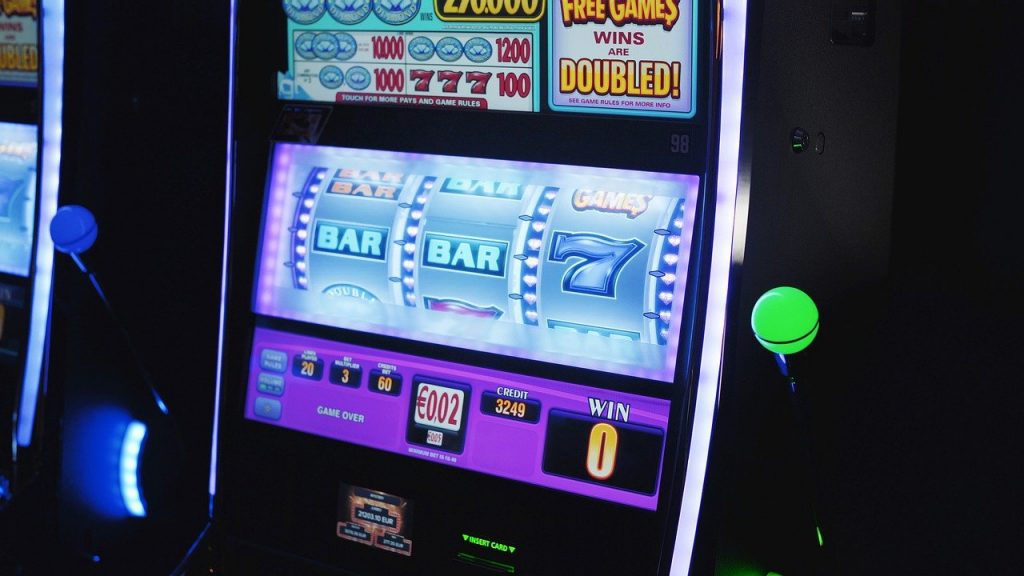Most people associated bingo with groups of old ladies at their local bingo hall, holding a cup of tea and just a biscuit in one hand and a bingo card in the other, until the massive online bingo started to boom and still rising.
Bingo is considered to be a gentle and easy game to play, with plenty of chances to socialize in between games as well as an inexpensive way for grandmother to spend a night. Bingo is now played worldwide, both online and in modern bingo halls, with players of all races logging on and participating.
Bingo is unusual among gambling games in that it is the only one that draws more women than men, with the exception of lottery scratch cards, just like Video Slots. Whereas other games are designed to get more excitement, bingo is perhaps the only gambling activity where the social aspect of the game takes precedence over the game’s dynamics.
It’s also one of the few gambling games that’s almost exclusively associated with the working class, especially in the largest markets. And, as everyone knows, it’s mostly played by elderly women. It’s less expensive, faster, and much more exciting, with huge jackpots and special prizes available 24 hours a day, as well as quick-fire games and lively chat rooms to keep everyone entertained.
Bingo is no longer a grannies’ only pastime; it is now played by both men and women, with 85 percent of bingo players now playing their games online, and players range in age from 18 to seniors. Online bingo games allow those unable to travel to their local bingo hall to participate in bingo games from the comfort of home and in their free time!
In some markets, online bingo has become one of the most popular forms of online gambling. But, has this been a good or bad thing for land-based bingo, and how has it affected the demographic? To put it another way, who really plays bingo these days?
Bingo is classified as a Class II gambling game under US law, which means tribal operators do not need a special privilege from the state to offer it as long as the games are held on their sovereign lands. As a direct consequence, a large percentage of bingo players in North America live on or near Indian reservations. Aside from this one, the demographic is familiar: it’s a “grandmothers” game, a retirement activity.

